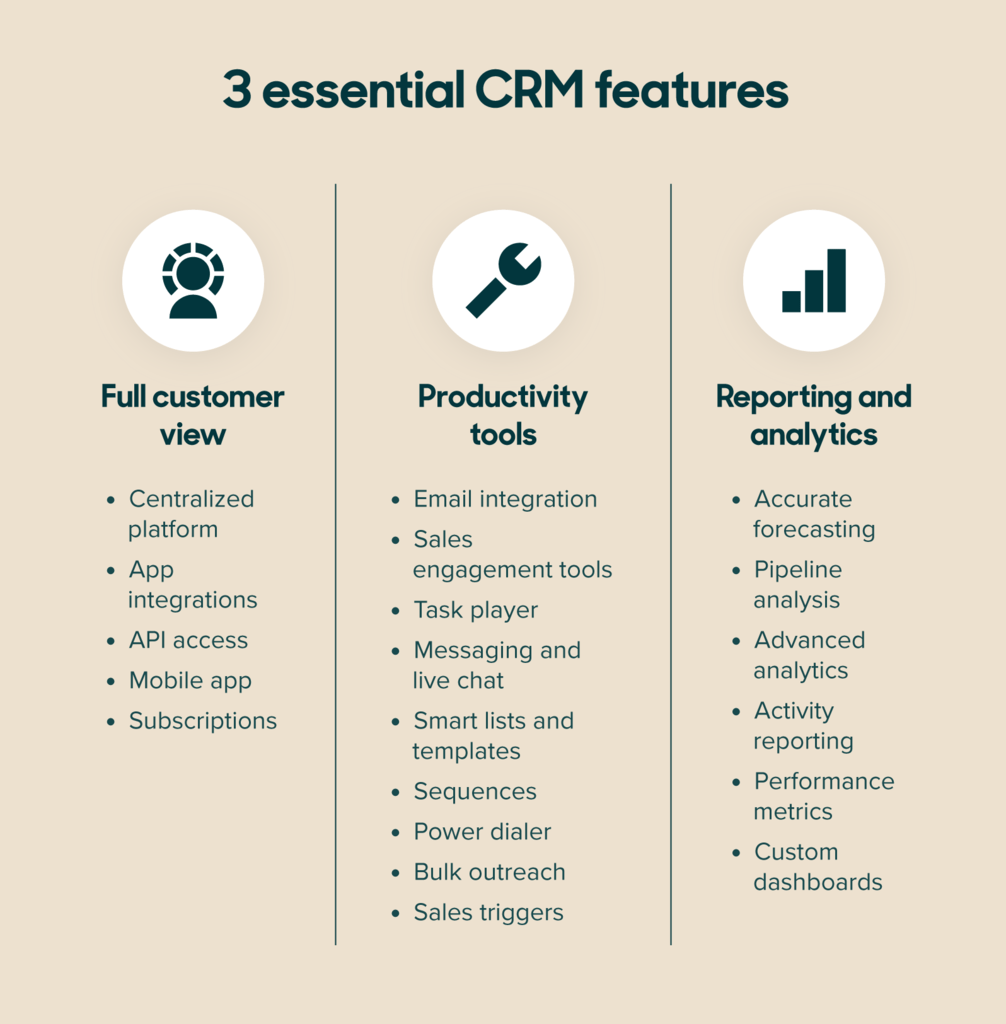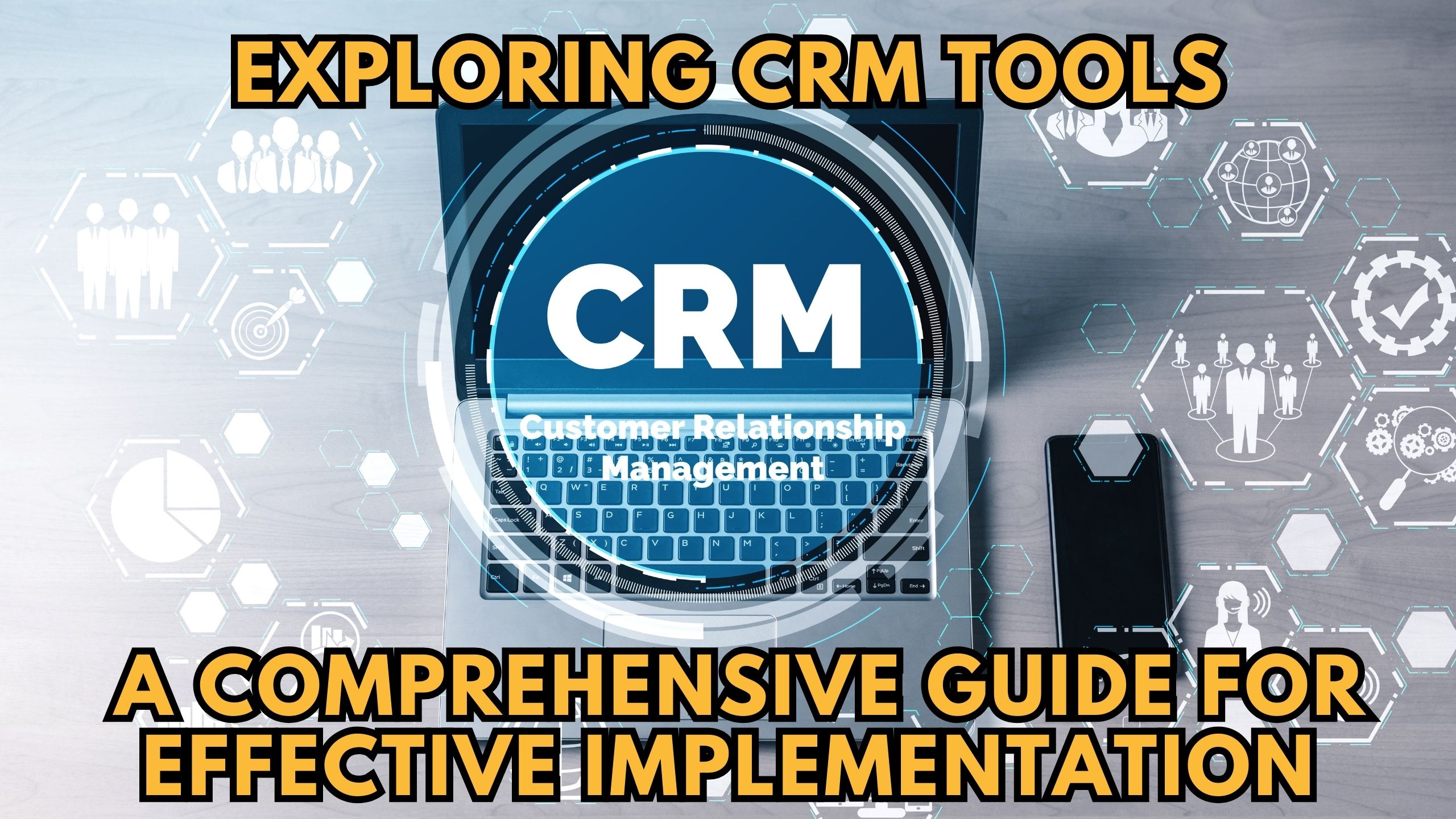Effective Customer Relationship Management: A Comprehensive CRM Software Example
Effective Customer Relationship Management: A Comprehensive CRM Software Example

In today's fast-paced and competitive business landscape, implementing an effective customer relationship management (CRM) strategy is crucial for driving sales growth, improving customer satisfaction, and enhancing overall business performance. A CRM software example is a great way to demonstrate the power of CRM in action. In this article, we'll delve into the world of CRM software, exploring its benefits, features, and providing a real-life CRM software example to help you better understand how it works.
What is CRM Software?
Customer relationship management (CRM) software is a tool designed to help businesses manage and analyze customer interactions, data, and relationships throughout the customer lifecycle. CRM software enables businesses to streamline sales, marketing, and customer service processes, improve communication, and make data-driven decisions.
Benefits of Using CRM Software

Using CRM software can have numerous benefits for businesses of all sizes and industries. Some of the most significant advantages of implementing CRM software include:
-
- Improved Customer Insights: CRM software provides businesses with a 360-degree view of their customers, including contact information, purchase history, and interactions.
- Enhanced Sales Performance: By automating sales processes and providing sales teams with real-time data, CRM software can help businesses close more deals and increase revenue.
- Streamlined Customer Service: CRM software helps businesses deliver personalized customer service by providing customer service teams with access to customer data and interaction history.
- Increased Productivity: By automating repetitive tasks and providing actionable insights, CRM software can help businesses improve productivity and reduce operational costs.

Key Features of CRM Software
When evaluating CRM software, there are several key features to look for. Some of the most important features of CRM software include:
-
- Contact Management: The ability to store and manage customer contact information, including names, addresses, phone numbers, and email addresses.

- Lead Management: The ability to manage and track leads throughout the sales process.
- Sales Force Automation: The ability to automate sales processes, including order processing and quote generation.
- Marketing Automation: The ability to automate marketing processes, including email marketing and campaign tracking.
- Customer Service and Support: The ability to manage customer service requests and provide personalized support.

A Real-Life CRM Software Example
To illustrate the power of CRM software in action, let's examine a real-life CRM software example. Meet XYZ Corporation, a mid-sized manufacturing company that produces industrial equipment. XYZ Corporation had been struggling to manage its customer relationships, with sales teams using manual spreadsheets to track customer interactions and sales data.
Before CRM Software
Before implementing CRM software, XYZ Corporation faced several challenges, including:
-
- Inefficient Sales Processes: Sales teams spent too much time manually tracking customer interactions and sales data.
- Poor Customer Insights: Sales teams lacked access to valuable customer data, making it difficult to provide personalized service.

- Inconsistent Customer Experience: Customer service teams lacked access to customer interaction history, leading to inconsistent customer experiences.
After Implementing CRM Software
After implementing CRM software, XYZ Corporation saw significant improvements in its sales, marketing, and customer service processes. With CRM software, sales teams were able to:
- Automate Sales Processes: CRM software automated sales processes, including order processing and quote generation.
- Access Real-Time Data: Sales teams gained access to real-time data, enabling them to make data-driven decisions and provide personalized service.
- Improve Customer Insights: CRM software provided sales teams with a 360-degree view of their customers, including contact information, purchase history, and interactions.
Measurable Results
After implementing CRM software, XYZ Corporation saw significant improvements in its business performance, including:
- 25% Increase in Sales: By automating sales processes and providing real-time data, sales teams were able to close more deals and increase revenue.
- 30% Reduction in Operational Costs: By streamlining customer service processes and providing personalized support, customer service teams were able to reduce operational costs.
- 95% Customer Satisfaction Rate: By providing personalized service and improving customer insights, customer service teams were able to improve customer satisfaction.
Conclusion
Implementing CRM software is a crucial step in driving sales growth, improving customer satisfaction, and enhancing overall business performance. By providing businesses with a 360-degree view of their customers, automating sales processes, and streamlining customer service, CRM software can help businesses make data-driven decisions and deliver personalized service. The CRM software example of XYZ Corporation demonstrates the power of CRM software in action, highlighting the benefits, features, and measurable results that businesses can achieve by implementing CRM software.
Final Thoughts
When evaluating CRM software, it's essential to consider the specific needs and goals of your business. Look for CRM software that provides a comprehensive suite of features, including contact management, lead management, sales force automation, marketing automation, and customer service and support. By implementing CRM software that meets your business needs, you can drive sales growth, improve customer satisfaction, and enhance overall business performance.
Frequently Asked Questions
-
What is CRM software?
CRM software is a tool designed to help businesses manage and analyze customer interactions, data, and relationships throughout the customer lifecycle. -
What are the benefits of using CRM software?
The benefits of using CRM software include improved customer insights, enhanced sales performance, streamlined customer service, and increased productivity. -
What are the key features of CRM software?
The key features of CRM software include contact management, lead management, sales force automation, marketing automation, and customer service and support. -
Can CRM software be used by businesses of all sizes?
Yes, CRM software can be used by businesses of all sizes and industries. -
How can I evaluate CRM software for my business?
When evaluating CRM software, consider the specific needs and goals of your business, and look for CRM software that provides a comprehensive suite of features.
Comments
Post a Comment